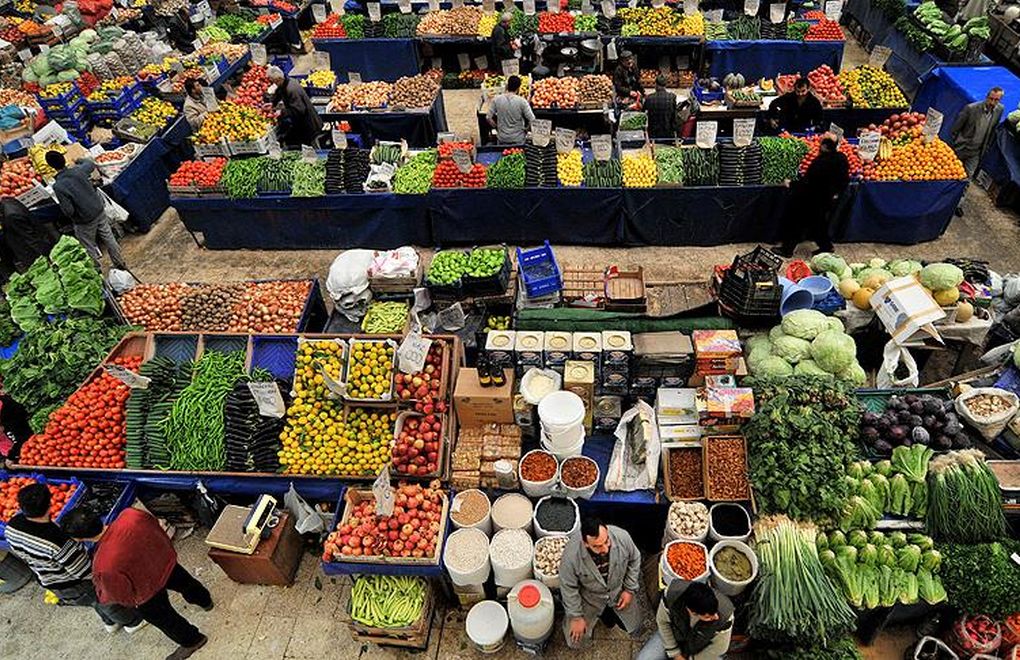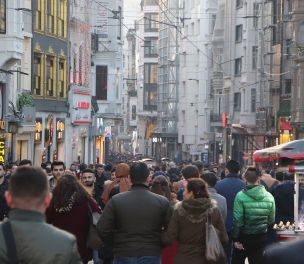* Photo: Anadolu Agency (AA)
Click to read the article in Turkish (1) (2)
President and ruling Justice and Development Party (AKP) Chair Recep Tayyip Erdoğan made a statement addressing a ceremony held for the launch of the Ministry of Treasury and Finance's Programme on Combating Inflation via videoconference on Saturday (Friday 12).
"The fight against inflation requires all-out determination, all-out belief and all-out sacrifice," he said, announcing that "they, as the government, are one by one taking the steps they promised on this issue":
"We are lowering the Value Added Tax (VAT) rate on basic food products from 8 to 1 percent within our programme on simplifying the VAT system. As known, the VAT rate for flour and bread is already 1 percent."
Following this announcement, "The Presidential Decision Amending the Decision on Determining Value Added Tax Rates to be Imposed and Goods and Services" has been published in the Official Gazette.
Accordingly, the VAT rates for the following basic food products have been reduced from 8 to 1 percent starting from today (February 14):
- Cattle and small cattle, pork,
- Poultry,
- Fish,
- Eggs, honey,
- Various vegetable seedlings,
- Edible vegetables and some roots and tubers,
- Edible fruits and edible nuts,
- Coffee, tea, spice, Paraguayan tea,
- Cereals,
- Milling products, malt, starch, inulin, wheat gluten.
- Vegetable and fruit seeds, mint, sugarcane, cottonseed, oilseed and fruit flour,
- Animal and vegetable oils,
- Meat, fish, crustaceans,
- Sugar and sugar products,
- Cocoa and its ready-made products,
- Cereals, flour, starch or milk-based ready-made products, pastry products,
- Ready-made products obtained from vegetables, fruits, nuts and other parts of plants,
- Water and soda,
- Olive cake,
- Salt.
What do economists say?
The decision to reduce the Value Added Tax (VAT) rate for basic food products came amid increasing inflation and people's decreasing purchasing power in Turkey. After President Erdoğan announced the tax reduction, several economists commented on social media.
Economist Yalçın Karatepe briefly said, "The VAT reduction is important but it is hard to trace how much of this reduction will affect citizens. A VAT reduction in electricity and natural gas bills would directly affect citizens' budgets, but there is no reduction in those prices."
Economist - writer Mustafa Sönmez wrote, "123 billion TRY in total was collected as VAT in 2021. Say one quarter of it is collected from food, it accounts for 27 billion TRY. Do you think that prices will go down automatically? With increases in other costs cited, no price tag will be changed." (RT/SD)







